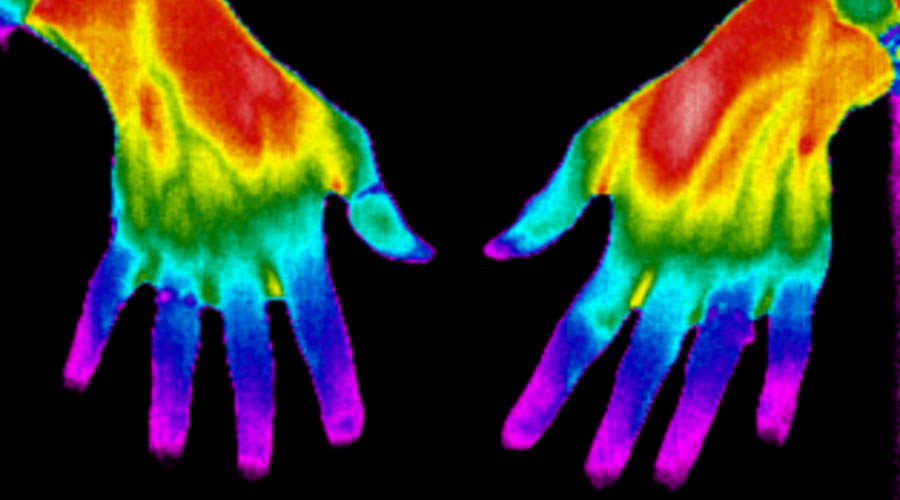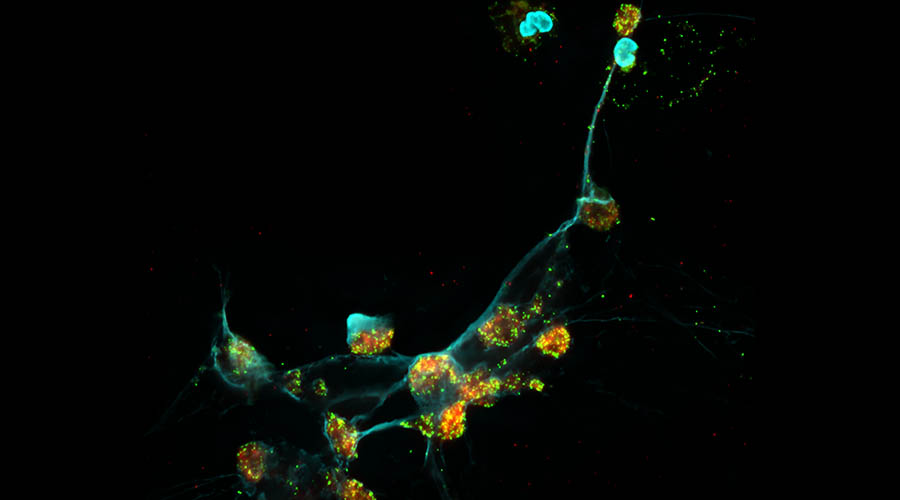
by Web team (HR) | Feb 8, 2019 | Juvenile idiopathic arthritis
Musculoskeletal research findings What was already known? Juvenile idiopathic arthritis (JIA) is a term used to describe a collection of childhood onset arthritic diseases and as such includes a diverse group of diseases. A classification system has been established...

by Web team (HR) | Feb 8, 2019 | Juvenile idiopathic arthritis
Musculoskeletal research findings What was already known? Biologic therapy is usually given to patients with juvenile idiopathic arthritis (JIA) after they have failed to respond or do not tolerate methotrexate. Patients with systemic JIA do not seem to respond well...

by Web team (HR) | Feb 8, 2019 | Juvenile idiopathic arthritis
Musculoskeletal research findings What was already known? Children and young people with JIA and persistent joint pain and swelling are at risk of disability and joint damage in the long-term. The aim for all these patients is a state of ‘clinically inactive...

by Web team (HR) | Feb 8, 2019 | Systemic sclerosis
Musculoskeletal research findings What was already known? Raynaud’s phenomenon (RP, periodic colour changes of the fingers, usually in response to cold exposure) is associated with poor blood flow and is one of the key problems for patients with scleroderma (a...

by Web team (HR) | Feb 8, 2019 | Systemic lupus erythematosus
Musculoskeletal research findings What was already known? Systemic Lupus Erythematosus (SLE, or just “lupus”) is an autoimmune disease which can affect any part of the body. Patients with SLE have a higher risk of developing heart disease. This is...







Recent Comments